Earlier this week, I installed Vivaldi browser, and decided to make it my default after reading CEO Jon von Tetzchner’s blog post about the potentially corrupt practice of Google suspending his company’s Adwords campaign after he was critical of them.
I have resisted browsers made from Chromium because I was never sure how much went back to Google, but seeing von Tetzchner’s honest blog post about Google’s alleged misdeed made me think that Vivaldi would likely look after my interests as a netizen.
It wasn’t the only reason, mind. Firefox, and before that, Cyberfox (a 64-bit Firefox that had been my default for quite some time) had begun eating memory on my computer. The memory leak would still happen after I got rid of many extensions, and even on safe mode, Firefox took up a lot more space than I expected. Firefox had been having issues with certain ads from some networks for months, too, resulting in script errors.
It didn’t take much time for Firefox to chew through 6 Gbyte, freezing other programs that I relied on, and crashing Windows altogether. It happened right after I installed a Crucial SSD that I bought from Atech Computers on Cuba Street, but fortunately I didn’t blame it on the new gadget. Logic prevailed and I discovered the culprit, though an upgrade to Universal Media Server didn’t help either: 6.7 is poorer than 6.5, confusing video files for JPEGs and forgetting what had been recently played. (Like Windows 10, which regularly forgets settings, modern software seems to have a memory poorer than its users.)
A screen shot of the Windows 10 Task Manager shows just how much memory Firefox ate in around 10 minutes, whereas at this point Vivaldi had been on for quite some time.
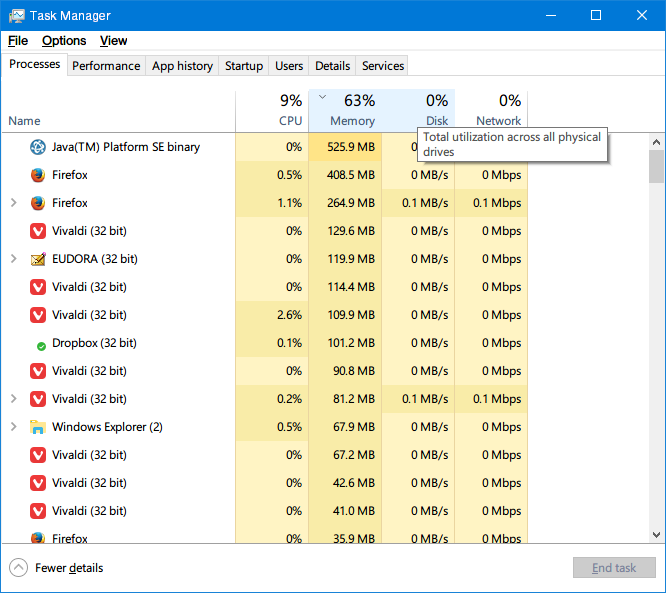
It mirrors the experience I once had with Chrome, which handled memory and web pages so poorly that I began calling it the ‘“Aw, snap!” browser’ because of its regular crashes. The same problem that cemented my use of Firefox (and Waterfox and Cyberfox) has now happened to Firefox, forcing me to look for an alternative.
First indications are that Vivaldi is a well made product, with a built-in screen-shooting feature and notes. There are some things that are harder to get to, such as a menu where I can customize which cookies should be blocked (I like living in a YouTube-comment-less world; I feel my IQ is preserved as a result), but overall I’ve managed to get myself the right extensions to mimic what I used to do on Firefox. I’ve also switched off the Google phishing and malware protection setting, for obvious reasons, blocked a bunch of cookies from dodgy big US tech firms (Google among them), and done the ad opt-outs.
It might be marginally quicker, though if I was just interested in speed, Blaze beats Vivaldi and Firefox hands-down, and has a smaller memory footprint. However, a browser is not just for pleasure for me; if it were, then maybe this blog post would have been about another browser altogether. I’ve downloaded Blaze for my phone, and I’ll try it out soon.
I wonder if this is a longer-term change. I remember beginning surfing on Netscape 1, and if I recall correctly, 1·2 had just come out so I actually began browsing in colour. Netscape stayed good till 4·7, and 6 was bloatware and truly awful. I switched to Internet Explorer 5 at this point, before moving to Maxthon (when it had an IE core, but its own interface). Firefox had issues back then with typography, preventing me from switching, but as it matured to v. 3, I went over and wasn’t disappointed. Chrome also had typographic issues for a long time.
I invested a lot of time troubleshooting Firefox with the devs over the years, so I don’t make this move lightly. But there comes a point when a piece of software becomes impractical to keep. Firefox hadn’t changed much on the surface yet when it forces two hard resets a day, you have to make a hard call.
If it weren’t for von Tetzchner’s blog post, I mightn’t have made the decision to use his company’s browser quite so readily. But it is a good product, even at v. 1·11. Vivaldi has obviously invested into making a decent browser from day one, and it’s not just for technologists and power users, which some seem to think. The fact it works better than Firefox should automatically make it appealing to the bulk of users, and if its CEO isn’t afraid to call a spade a spade when it comes to Google, the general public should be impressed.
But, as we’ve seen, an honourable stand doesn’t always mean success: Duck Duck Go hasn’t overtaken an increasingly suspect Google, and people still flock to Facebook for social networking despite that platform’s privacy gaffes and unanswered questions about its forced downloads. I only hope that Vivaldi stays the course because the public deserves a product that hasn’t come from a morally questionable source.
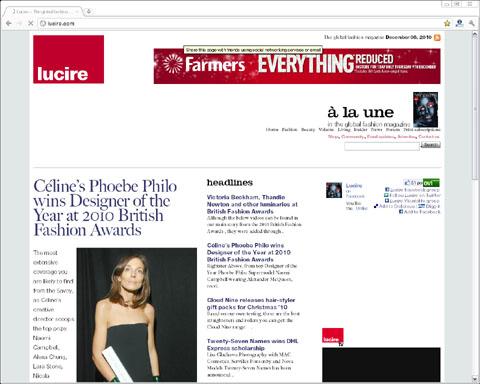
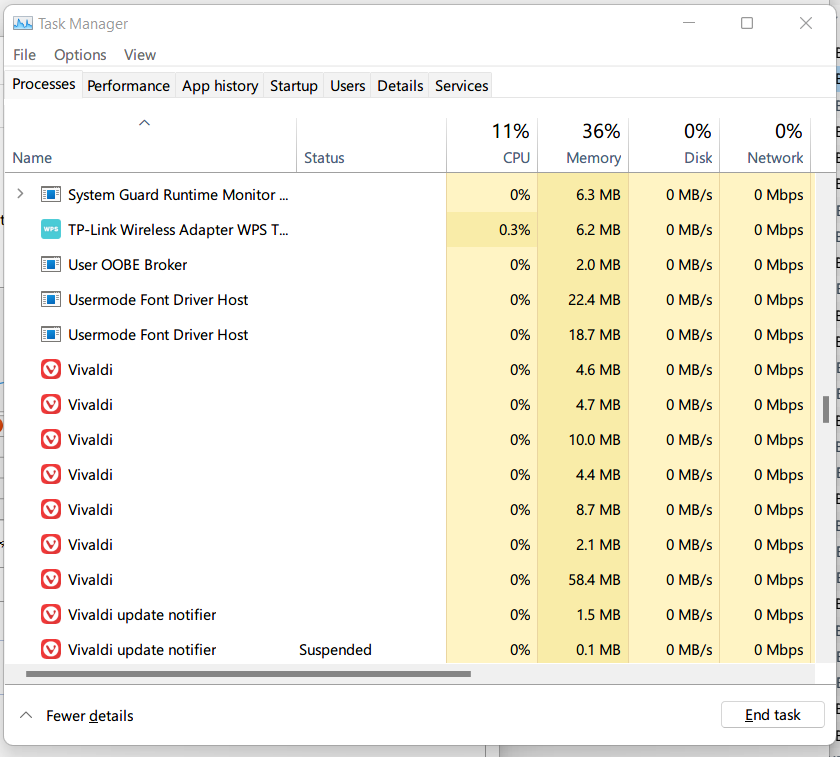
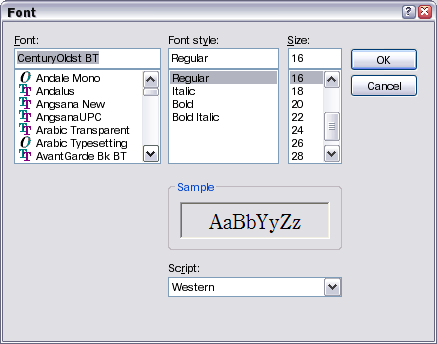
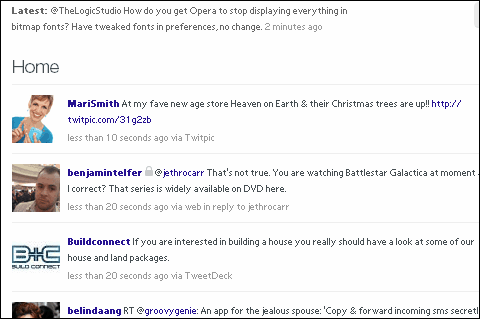

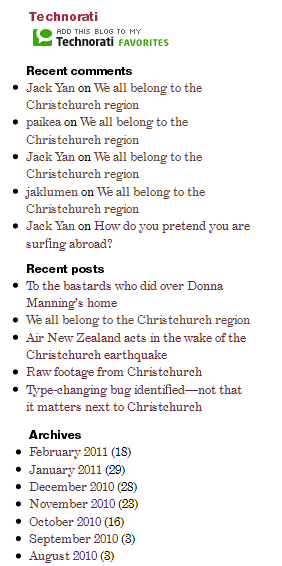
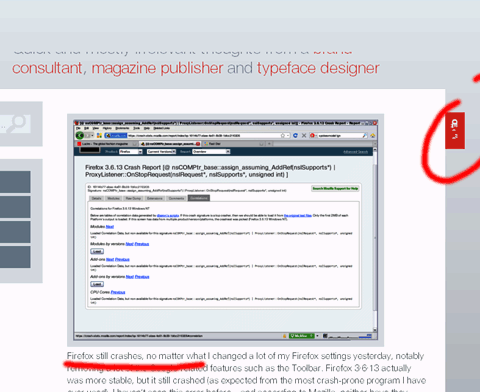

2 thoughts on “Welcome to Vivaldi”